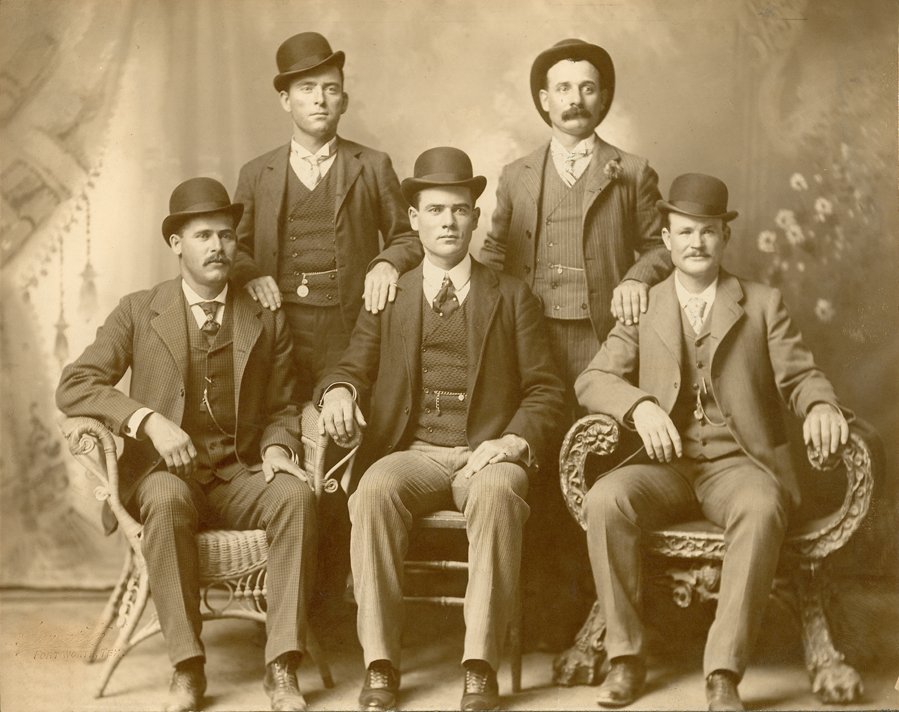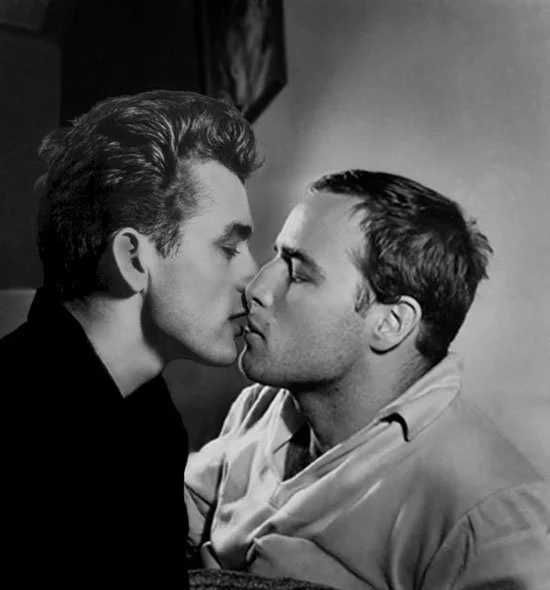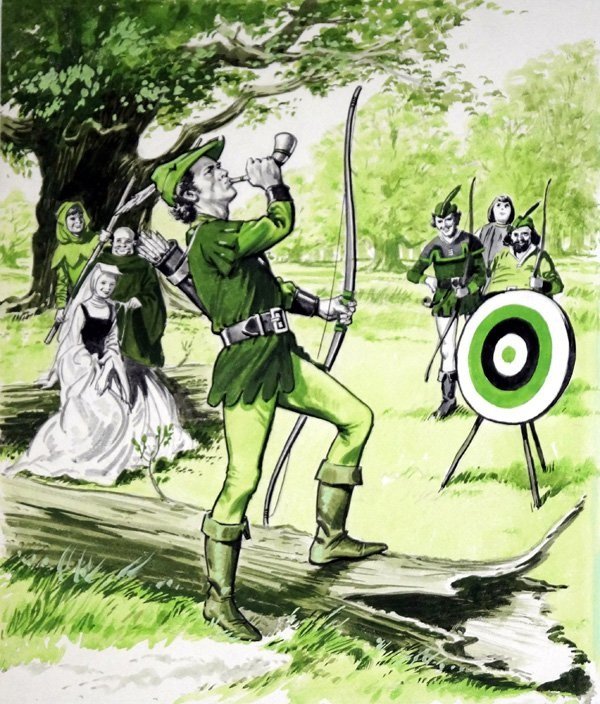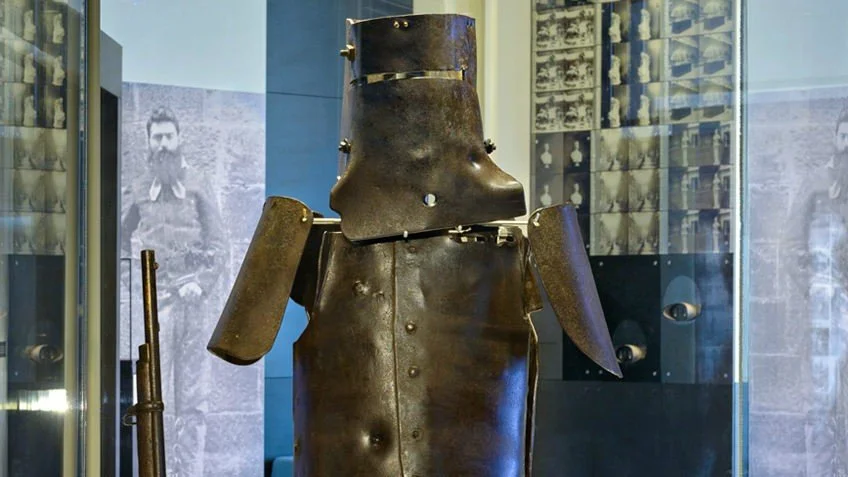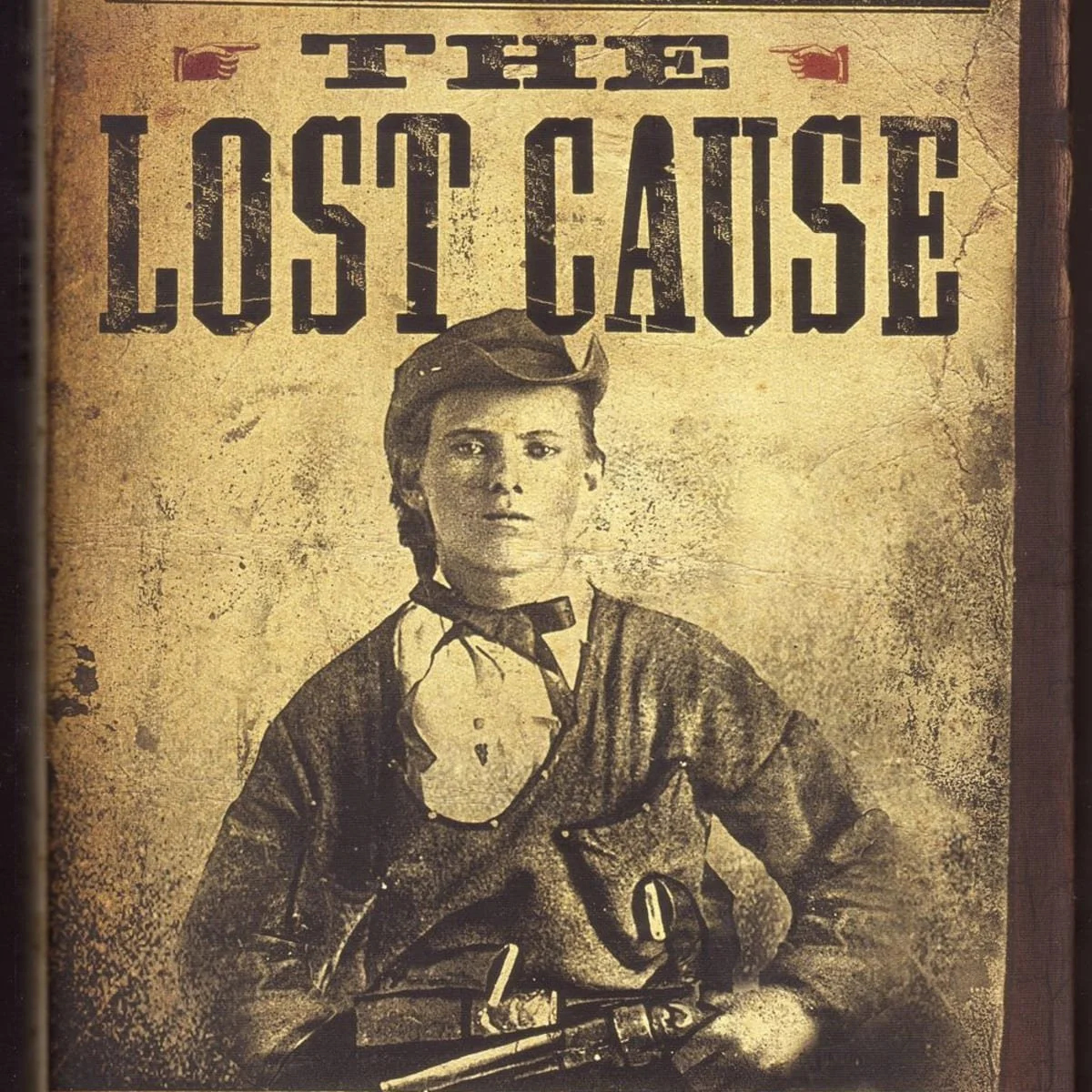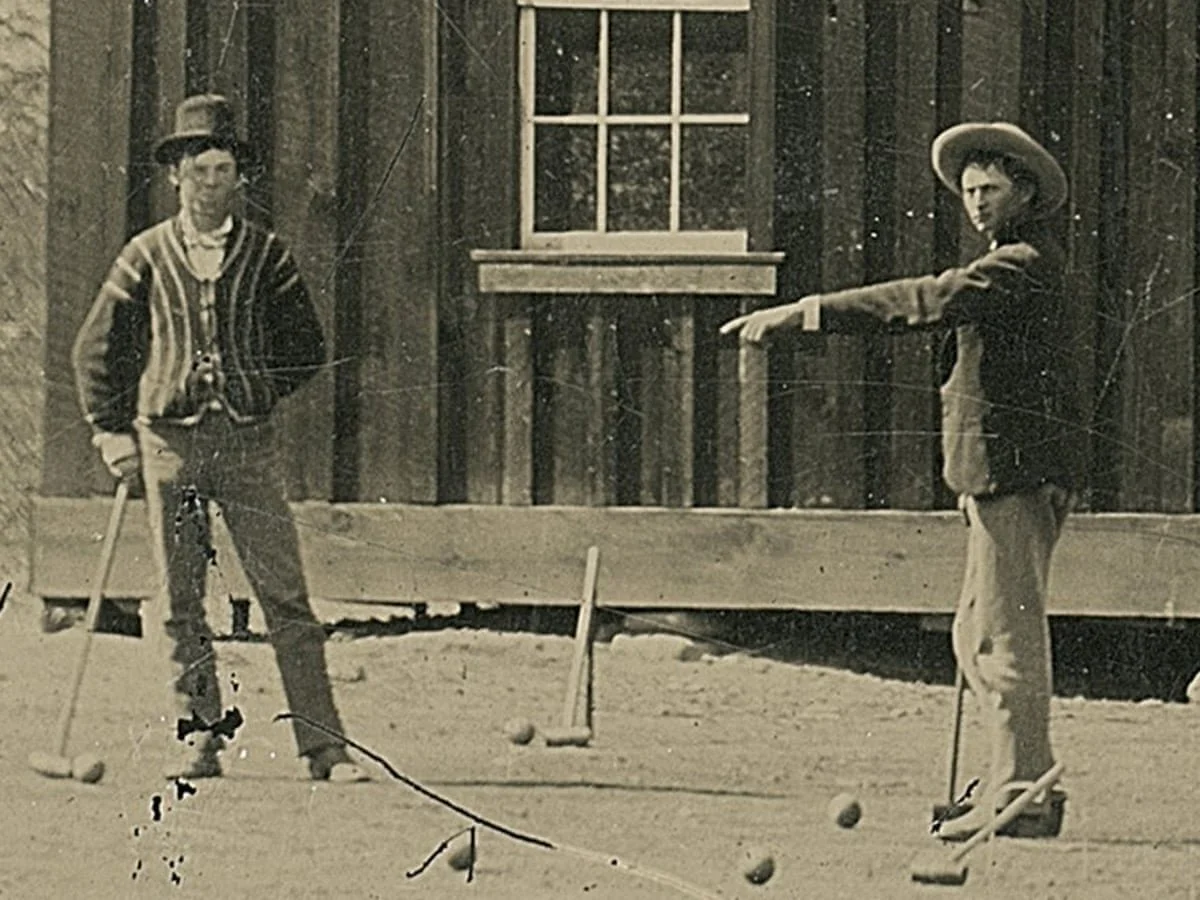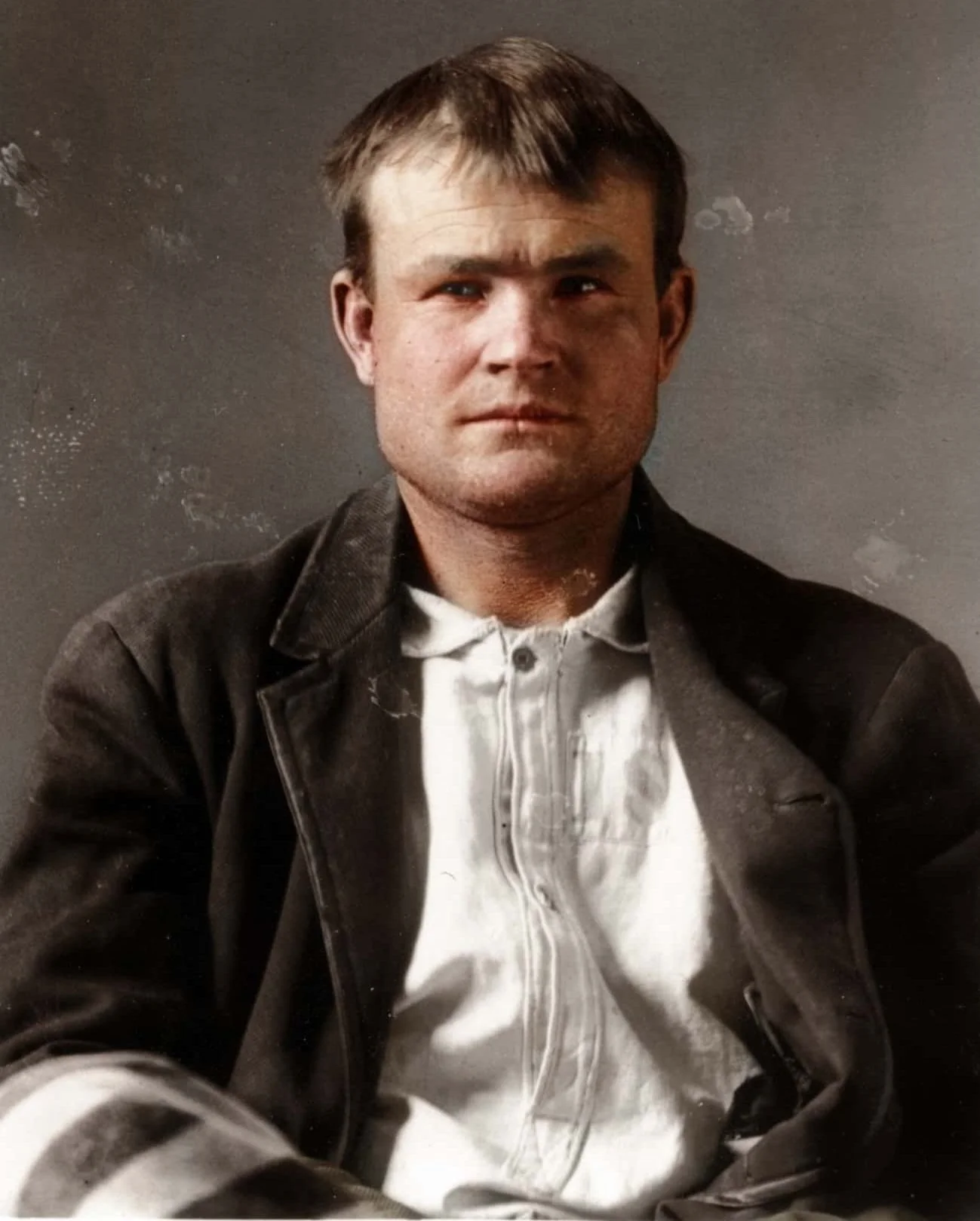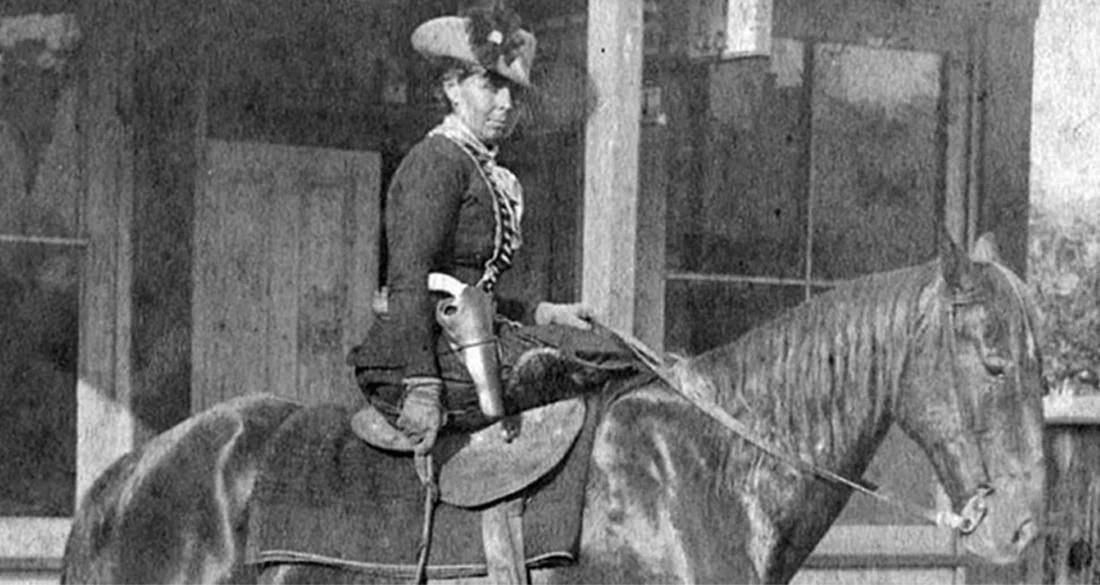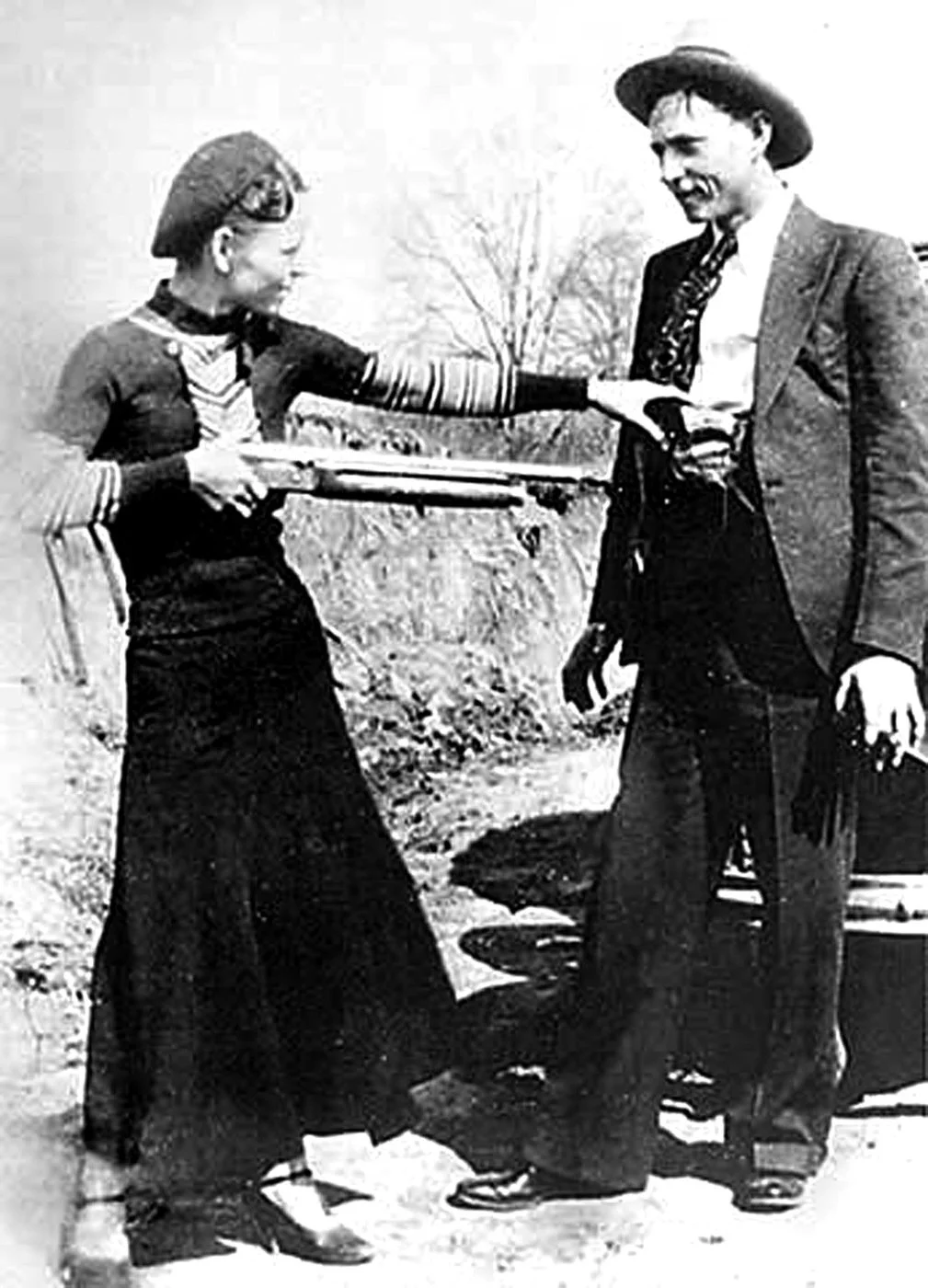By The Landlord
"It's not rebels that make trouble, but trouble that makes rebels." – Ruth Messinger
"A little rebellion now and then... is a medicine necessary for the sound health of government." – Thomas Jefferson
“I would rather be a rebel than a slave." - Emmeline Pankhurst
“To rebel or revolt against the status quo is in the very nature of an artist." – Uta Hagen
"We are rebels for a cause, poets with a dream , and we won't let this world die without a fight.” – Albert Camus
“Rebels and non-conformists are often the pioneers and designers of change.” – Indira Gandhi
"When I need to identify rebels, I look for men with principles." – Frank Herbert
“I knew by heart all the dialogue of James Dean's films; I could watch Rebel Without a Cause a hundred times over.” – Elvis Presley
“I'm a real rebel with a cause.” – Nina Simone
“Whaddya got?” That’s the reply of Johnny Strabbler, leader of the Black Rebels Motorcycle Club, when asked casually by a girl in a bar, “Hey, what are you rebelling against?” Johnny is famously played by Marlon Brando in The Wild One, László Benedek's 1953 feature film about rival biker gangs that terrorise a small town. It seems relatively tame these days, and the actors look far older than your supposed teen biker gang, but the film had a huge, menacing impact on conservative America. It heralded the coming of rock’n’roll and all that came with it, a leather-clad roaring rebellion against anything and everything.
In 20th-century culture, that momentum was propelled further by that cultural icon of teenage disillusionment and social estrangement, James Dean, as expressed in the title of his most celebrated film, Rebel Without a Cause (1955), followed by East of Eden the same year and Giant the following. Dean of course tragically died on 30 September 1955 during a high-speed collision in his new Porsche 550 Spyder. Dean, just 24, was living a glamorous life to the full with various actress girlfriends, but was also filled with private insecurities, not least about his sexuality, and his alleged clandestine on-off affair with the other big rebel of the silver screen, Brando.
Dean and Brando - rebels in private as well as public life
But being a rebel, and even taking much further, becoming an outlaw, has a similar association to falling in love with and getting involved in popular music and everything goes with it. The danger, the glamour, to be bold, creative, uncontrollable, to stand out as well as fit in, to push against convention and the rules, to be bad and deliriously adored. It’s a seed that grows in teenage years from huge insecurity and searching for your identity, in image, sexuality or anything else, whether that’s having posters on your bedroom wall or playing music that your parents find a cacophony, dressing outlandishly, or hanging out with the wrong crowd. It’s a turning point that can go many ways. And so this week, our subject is all about outlaws and rebellion, from famous figures in history, real or fictional, to the behaviour and feelings associated with it.
The seeds of rebellion in youth are of course full of dilemmas. Henry Rollins our next visitor to the Bar today and reckons there’s another way to rebel from the apron strings or society: "If you hate your parents, the man or the establishment, don't show them up by getting wasted and wrapping your car around a tree. If you really want to rebel against your parents, out-learn them, outlive them, and know more than they do."
Quentin Crisp, the ever witty gay rebel, is also here, sitting next to Rollins with a glass of wine (now that’s a fine image), with this retort: “Yes darling. But the young always have the same problem – how to rebel and conform at the same time. They have now solved this by defying their parents and copying one another."
But rebelling, which often starts in youth, is a long tradition. But from painting your bedroom black and sticking it to the man, but where, and why does that go beyond the law? In history’s grim and tough past, as ever because you try to kick against your status, most often poverty or obscurity and decide to take the short, quicker route rather than working all your life to just about survive tilling the land and living on a potato or parsnip a day.
This is where the outlaw comes in, the figure in society who decided enough was enough, and decides to break the rules, often violently. Traditionally, an outlaw is defined as someone who is declared as outside the protection of the law, and before modern times, this often meant that anyone was legally empowered to persecute or kill them. In Ancient Roman law, this was known as the status of homo sacer, persisted throughout the Middle Ages. In the common law Middle Ages England, a "Writ of Outlawry" made the pronouncement Caput lupinum ("Let his be a wolf's head”) using "head" to refer to the entire person and equating that person with a wolf in the eyes of the law: not only was the subject deprived of all legal rights, being outside the "law", and vulnerable to killing as if a wild animal. That’s a long way from being a teenage rebel on a leather jacket.
So this week’s song suggestions might throw up references to those who rebelled into this status, and their stories, real or fictional, which often become blurred. One of the oldest and most famous rebels could, arguably be Jesus himself, who stuck it to the Roman man, as well as the criminal bandits who were, according to the the Gospels of Mark and Matthew, crucified either side of him, known as Gestas and Dismas. While the latter called for mercy, the bad boy Gestas, arguably the original rebel, is taunts Jesus about not saving himself.
But this weeks songs are far more likely to come up in reference to famous outlaws and highwaymen who have in common a history of notorious violence, but on a scale of outright nastiness to charm and heroic status.
Robin Hood is a figure who was most likely entirely fictional, but gleaned from several figures in the English Middle Ages, variously a highly skilled archer and swordsman, in some stories being of noble birth, and having fought the Crusades before returning to England to find his lands taken by the local sheriff, and robbing the rich to pay the poor as a folklore hero of early socialism and justice to the moustachioed Errol Flynn-type figure. But he was born out of medieval poetry, perhaps simply as a way to keep the poor class in hope.
Robin Hood. Very much a mythical figure but a horn of plenty when it comes to outlaw stories
The first clear reference to "rhymes of Robin Hood" is from the alliterative poem Piers Plowman, thought to have been composed in the 1370s. The first printed version is A Gest of Robyn Hode (c. 1500), a collection of separate stories that attempts to unite the episodes into a single continuous narrative. But its extraordinary how the figure has endured.
Yet there have been Robin Hoods in most countries, real or otherwise. In Germany and other parts of central and northern Europe, the term vogelfrei is the equivalent to outlaw, referring to a person stripped of his civil rights being "free" for the taking like a bird, often in groups composed from former prisoners, soldiers. Like the Robin Hood type figure, they lived off robbery and their activity was often supported by local inhabitants from lower classes. The best known are Juraj Jánošík and Jakub Surovec in Slovakia, Oleksa Dovbush in Ukraine, Rózsa Sándor in Hungary, Schinderhannes and Hans Kohlhase in Germany.
Later robber heroes included the Cavalier highwayman James Hind, the French-born gentleman highwayman Claude Du Vall, John Nevison, Dick Turpin, Sixteen String Jack, William Plunkett and his partner the "Gentleman Highwayman" James MacLaine, and Indians including Kayamkulam Kochunni, Veerappan and Phoolan Devi. In the same way, the Puerto Rican pirate Roberto Cofresí also came to be venerated as a hero, but as we’ve covered the pirate subject in the past, perhaps it’s best to stick to outlaws of the road for now. Richard Bayes' account is the source of several of the modern myths surrounding Dick Turpin that perhaps made him the most famous of these figures.
Richard Bayes played a big part in selling the Dick Turpin image
A highwayman was essentially robber who stole from travellers, travelling by horse, as opposed to a the inferior footpad, who robbed on foot. That term first appeared in 1617, and in poems they were often they are romanticised as knights of the road, with a greater cause than self-interest, but also reattributing wealth. Mostly of course this was hokum. They were common and operated until the mid or late 19th century, and some were even highwaywomen, such as Katherine Ferrers, were said to also exist, often dressing as men, but also celebrated in fiction.
The first attestation of the word highwayman is from 1617. Euphemisms such as "knights of the road" and "gentlemen of the road" were sometimes used by people interested in romanticising them.
From England, Wales, Scotland and Ireland to beyond, of course comes the notorious, and very real Ned Kelly, something of a national folk hero figure in Australia, given greater profile by Peter Carey’s award-winning novel The True History of the Kelly Gang. Kelly, from a large Irish immigrant family with a background in cattle theft, became a highly successful Australian bushranger, outlaw, gang leader and convicted police-murderer. His reputation for known for wearing a suit of bulletproof armour during his final shootout with the police.
Ned Kelly’s armour, and his photograph
He became a figure of great renown, articulate and as rebellious as it was possible to be against a cruel regime of government working on a system of poverty and exploitation (nothing new there then). Demanding justice for his family and the rural poor, he threatened dire consequences against those who defied him. In 1880, when Kelly's attempt to derail and ambush a police train failed, he engaged in a final gun battle with the police at Glenrowan. Kelly, the only survivor, was severely wounded by police fire and captured. Despite thousands of supporters attending rallies and signing a petition for his reprieve, Kelly was tried, convicted and sentenced to death by hanging, carried out at the Old Melbourne Gaol.
But perhaps most common of all in song, will be the outlaws of the American west, also filled with colourful characters both male and female, many of them not charming, but simply very good at what they did. There are too many to mention but many of them came out of the the upheavals of the 19th century, from the end of slavery and the advent of the train, as wealth spread across the continent, so too did the notorious thieves and rebels, some of whom were not kicking against the status quo, but change.
Ironically it’s that figure of American establishment, war general and US president, Dwight D. Eisenhower, who admits that his country is full of rebels which straddle that distinction. "Here in America we are descended in blood and in spirit from revolutionists and rebels - men and women who dare to dissent from accepted doctrine. As their heirs, may we never confuse honest dissent with disloyal subversion.” But this week, which category do the rebels come from?
Jesse James for example, born in 1847, could be seen in two lights. He came from a slave-owning family and maintained strong Southern sympathies so was very much part of the establishment. In the James-Younger Gang, James played a key role in their successful string of train, stagecoach, and bank robberies, and justified his actions with a Robin Hood sort of mythology. The James legend grew with the help of newspaper editor John Newman Edwards, a also Confederate sympathiser. “We are not thieves, we are bold robbers,” James wrote in a letter Edwards published. “I am proud of the name, for Alexander the Great was a bold robber, and Julius Caesar, and Napoleon Bonaparte.”
Jesse James
But as usual, it all comes to a grim and premature end. In 1881, the governor of Missouri issued a $10,000 reward for the capture of Jesse and Frank James. On 3 April 1882, at the age of 34, James was shot in the back of the head and killed by one of his accomplices, Robert Ford, who was found guilty of murder but pardoned by the governor.
John Wesley Hardin of course has been captured in song, a rebellious figure, certainly, but also a Confederate, his schtick was being an inflammatory figure and well-known gunfighter, known to have killed at least 27 men. While in prison, Hardin studied law and wrote an autobiography. He was well known, like many of these figures for wildly exaggerating or completely making up stories about his life, including exaggerating the number to 42.
At least Hardin lived longer than Billy The Kid (born Henry McCarty in 1859 but also known as William H. Bonney) another famous outlaw and gunfighter who killed eight men before he was shot and killed at age 21.
But are there any songs about George Parrott (born 1834 ), also known as Big Nose George? He was a cattle rustler and highwayman in the American Wild West in the late 19th century. His skin was made into a pair of shoes after his lynching and part of his skull was used as an ashtray. That surely has got to preserved in song too.
How about William “Bill” Doolin was an American bandit outlaw and founder of the the Doolin-Dalton Gang? He was born in Arkansas in 1858, and later that century got heavily involved himself in bank and train robberies. Another type, more of a meticulous planner, and so he was never caught in the act or seriously wounded, but eventually went into hiding in New Mexico.
When not shooting and robbing, a rare image of Billy The Kid (left) playing croquet with his New Mexico gang, the Regulators
Perhaps best known because of the famous feature film starring Paul Newman and Robert Redford, there is of Robert LeRoy Parker (born 1866) better known as Butch Cassidy, the very successful American train robber and bank robber, and the leader of a gang of criminal outlaws known as the "Wild Bunch”.
Butch Cassidy
A successful decade in crime is a long time in this rogues’ gallery but Parker managed it, until he was relentlessly pursued by law enforcement, notably the Pinkerton detective agency (who were criminals but not outlaws) until he fled with his accomplice Harry Alonzo Longabaugh, aka "Sundance Kid", and Longabaugh's girlfriend Etta Place. The trio traveled first to Argentina and then to Bolivia, where the pair are believed to have been killed in a shootout.
But let’s not forget the women. Myra Maybelle Shirley Reed Starr (1848 – 1889), better known as Belle Starr, was a notorious American outlaw. She was associated James–Younger Gang and other outlaws and was convicted of horse theft before being shot dead by an unknown person. Unlike most of these figures, Belle came from wealth and rebelled against her well-to-do family. Born in Missouri, she became known eventually the “Bandit Queen”, and was only a teenager in 1864 when Jesse James and the Younger Gang used her family’s home as a hideout. She married three outlaws – Jim Reed in 1866, Bruce Younger in 1878; and Sam Starr, a Cherokee, in 1880., She was thought to act as a front for bootleggers and fugitives but must have possessed an extraordinary charm to pull all of that off.
Belle Starr
Or how about Pearl Hart (born 1871), the Canadian who the first woman to successfully rob a stagecoach in the Wild West? Or Eleanor Dumont aka Madame Moustache, Mary Katherine Haroney aka Big Nose Kate, who introduced the infamous gunfighter Doc Holliday to Wyatt Earp, who were involved in the Gunfight at the O.K. Corral in Tombstone, Arizona.
Pearl Hart
Or Laura Bullion, born in 1876, her father, a bank robber, she was supplier of horses and known as Rose of the Wild Bunch, romantically involved with several members of that gang and dressed as one of them during train robberies. Unlike the rest of the figures here, she lived until 1961 and died of heart disease.
This takes us into the 20th century where there are many more to choose from, and where countryside outlaws eventually became city gangsters. Let’s finish the examples then with two of the most famous surrounded by romance of the outlaw because there were romantically entwined. Bonnie Parker was born in Rowena, Texas, a bright young student who wanted to become an actress. But aged 19 she met 20-year-old ex-con, Clyde Chestnut Barrow, from a poor Dallas family, in 1930, and was entranced by another form of acting that involved pretending to be a bank customer before robbing it. She joined Clyde’s gang to become a full-time thief and murderer and in a two-year crime spree the pair crossed five states and killed 13 civilians before being caught in a fatal ambush led by Texas Ranger Frank Hamer in 1934.
Bonnie Parker and Clyde Barrow
So then, lots of fatal endings, so was it all worth it to rebel to this extent? In addition to those commenting at the top of this introduction, there’s a whole crowd of people in the Bar now eager to say more on this subject, variously musicians, writers, actors and more. Some people regard rebellion as innate in any creative person. “In order to exist, man must rebel, but rebellion must respect the limits that it discovers in itself - limits where minds meet, and in meeting, begin to exist,” says Albert Camus.
"As reason is a rebel to faith, so passion is a rebel to reason,” says Thomas Browne, rather cleverly.
“Well, I like art. It's another way to rebel,” adds John Waters, who straddles high art with low brow.
From low brow and high art to high wire, here’s Frenchman Philippe Petit, who famously walked between the Twin Towers of the World Trade Center in 1974 as well as many other rebellious acts of derring do. “To be able to create fully, it's maybe fine that you learn the rules, but you have to forget and to rebel against those rules.”
But what about the musicians?
“Other people will call me a rebel, but I just feel like I'm living my life and doing what I want to do. Sometimes people call that rebellion, especially when you're a woman,” says modest but brilliant 70s rock heroine Joan Jett.
“Johnny Cash was a rebel,” reckons Michael Franti, “not only just in the musical sense, but he was somebody who was for the people, and an advocate for labor, for workers, for prisoners, people who have been trapped by the criminal justice system.”
“But here's always stuff to rebel against,” says El-P.
And from theatre and film? “Try to keep the rebel artist alive in you, no matter how attractive or exhausting the temptation,” advises Arthur Miller.
“It takes more than going down to the video store and renting "Easy Rider" to be a rebel,” says Dennis Hopper.
And here’s Clint Eastwood, who’s played many a rebel in his time, including Wyatt Earp, and the gunslinger in The Unforgiven. “There's a rebel lying deep in my soul. Anytime anybody tells me the trend is such and such, I go the opposite direction. I hate the idea of trends. I hate imitation; I have a reverence for individuality.”
So then, it’s time to turn toward the many excellent individuals that make up our Song Bar gang and see what musical treasures can be rustled. This week’s gang leader, riding the big horse of choice, is the marvellous Maki! Please put your suggestions in comments below for deadline at 11pm UK on Monday, for playlists published next week. Whaddya got?
New to comment? It is quick and easy. You just need to login to Disqus once. All is explained in About/FAQs ...
Fancy a turn behind the pumps at The Song Bar? Care to choose a playlist from songs nominated and write something about it? Then feel free to contact The Song Bar here, or try the usual email address. Also please follow us social media: Song Bar Twitter, Song Bar Facebook. Song Bar YouTube, and Song Bar Instagram. Please subscribe, follow and share.
Song Bar is non-profit and is simply about sharing great music. We don’t do clickbait or advertisements. Please make any donation to help keep the Bar running:

